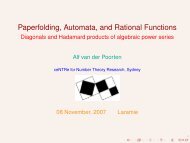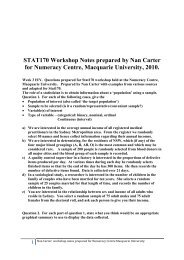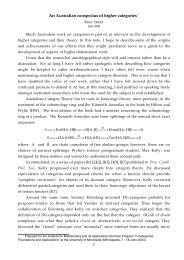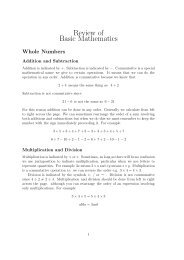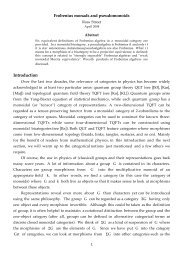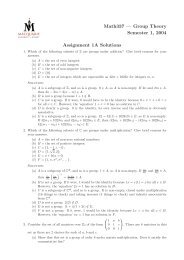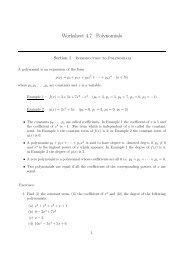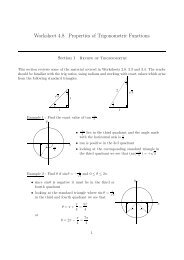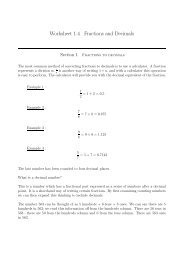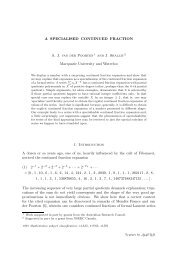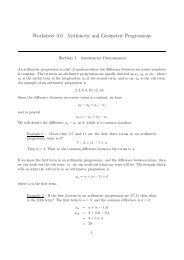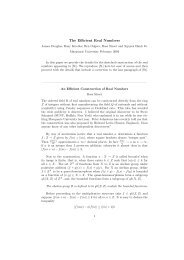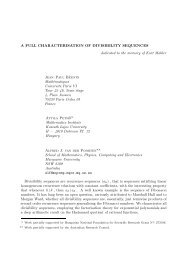Create successful ePaper yourself
Turn your PDF publications into a flip-book with our unique Google optimized e-Paper software.
even a few chapters into the novel, I was beginning to suspect that the<br />
something real that ‘lies before me’ on page one was lying in the mendacious<br />
sense of the word ‘lies’ – but for the moment, I was taking this all at face<br />
value, and expecting a less romantic and more realistic novel, with nothing else<br />
much changing from Jane Eyre apart from a relaxing shift back to an<br />
omniscient third-person author, and a shift to more day-to-day themes – the<br />
downtrodden circumstances of women in early 19th century England; and<br />
the downtrodden circumstances of textile workers staring down the barrel of<br />
technological unemployment.<br />
Regardless of the subject matter of a novel, it’s easy for readers, of the 21st<br />
century as in any other century, to expect the all-knowing third-person narrator<br />
in a novel – or indeed an artist or a film-maker – to keep his or her head below<br />
the parapet. We expect them to be as invisible as they are assured. It maybe<br />
charming that, in the film version of the Wizard of Oz, you can see one of the<br />
camera crew dodging behind tree, but it’s not particularly edifying.<br />
From our earliest days, it’s been: ‘Once upon a time there were four little<br />
Rabbits, and their names were – Flopsy, Mopsy, Cotton-tail, and Peter’. We<br />
imagine it, and we believe it, and some of us may still expect much the same<br />
thing from a mature novel.<br />
In Shirley, however, a major departure from this approach is a constant series<br />
of reminders that we are readers, and that we are reading a novel.<br />
Here are some examples, of which there are very many, as to how we are<br />
continually reminded that we are reading a novel:<br />
A female voice called to him ... the answer, and the rest of the<br />
conversation was in French, but as this is an English book, I shall<br />
translate it into English.<br />
The black-muzzled, tawny dog, a glimpse of which was seen in the<br />
chapter which first introduced its mistress to the reader ...<br />
The Caroline of this evening was not, (as you know reader), the<br />
Caroline of every day.<br />
This is a little unusual, but not disastrously so, and if Charlotte Brontë is a little<br />
outrageous, so too is she inviting and welcoming:<br />
So on a basic level this can be a little surprising, but correspondingly engaging,<br />
and personally I did find it engaging – at least until I had had further<br />
experience of the limitless duplicity of the wily Charlotte Brontë as I<br />
- 58 -



